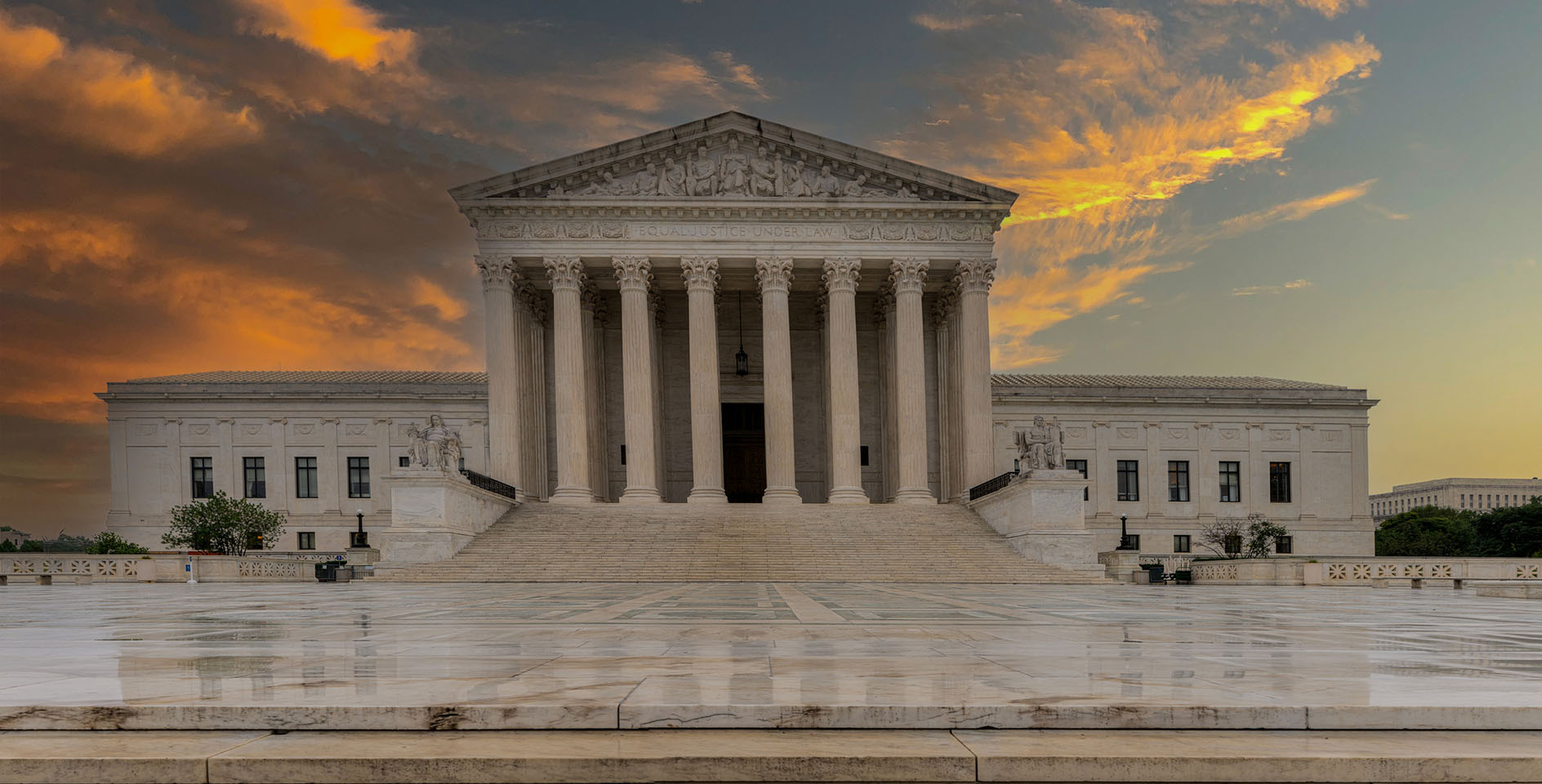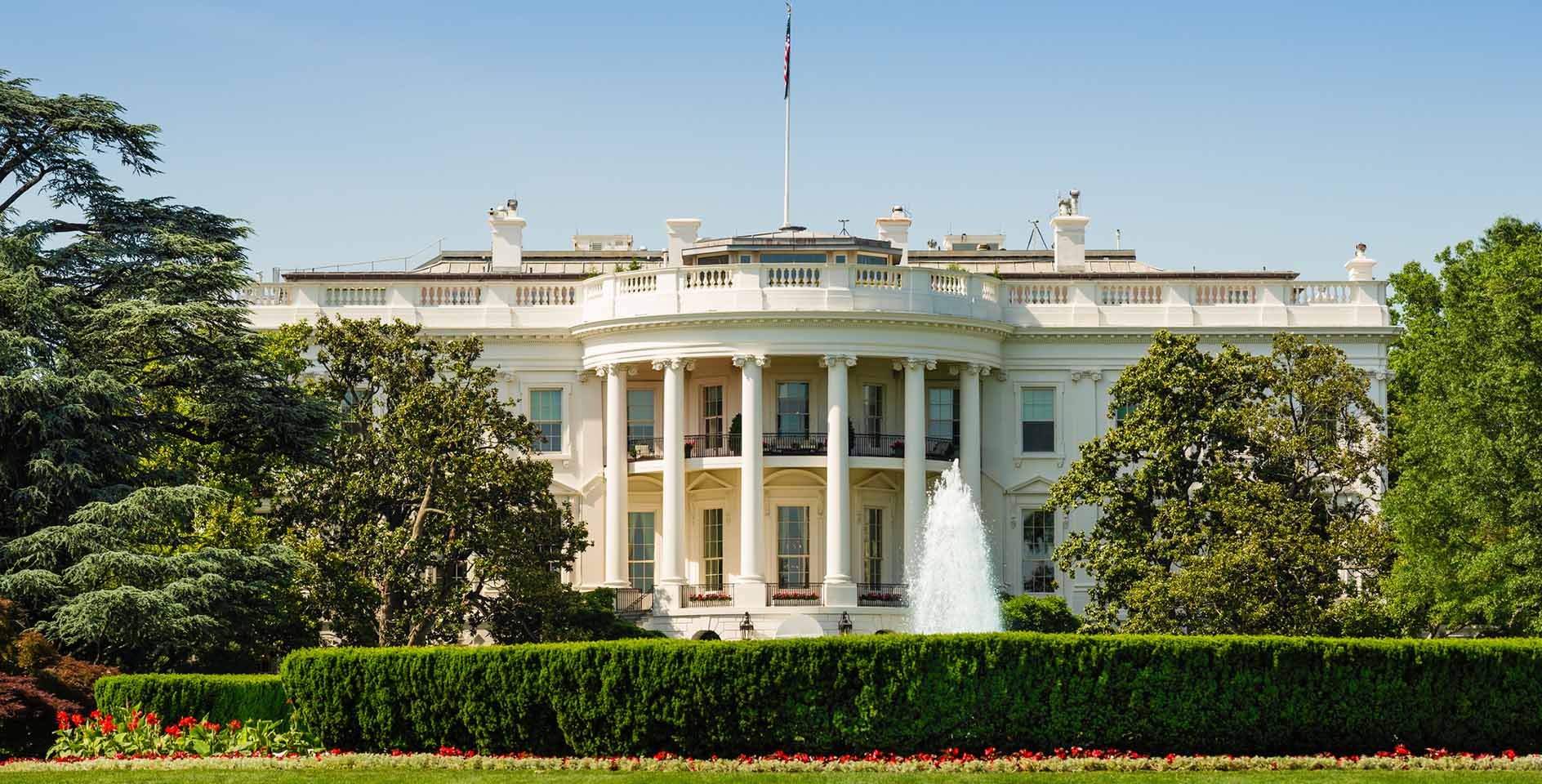What just happened?
Communist authorities in China are in the process of developing a social credit system, a nationwide technology-driven reputational system that will allow the government to more effectively monitor and control its citizens through incentives of punishment and reward.
What is a reputational system?
Reputation is the recognition by other people of some characteristic or ability. The Bible has a lot to say about the importance of reputation and of maintaining a reputation for exhibiting godly qualities. For example, Ecclesiastes 7:1a says, “A good name is better than precious ointment,” and in 1 Timothy 3:7 the Apostle Paul says that pastors “must be well thought of by outsiders.”
As our interactions increase, and we have more dealings with strangers than with family and friends, it becomes more difficult for those we engage with to know our reputation. Reputation systems are systems—usually computer-based—that allow people to provide feedback about an individual’s reputation, especially their trustworthiness or competence
One of the most commonly used reputational systems is consumer credit reports and their corresponding credit score. Consumer reporting agencies receive, compile, and maintain the history provided by the creditors and lenders to help people make decisions about the creditworthiness of someone who wants to borrow money or pay on credit. The rise of e-commerce has lead to the increase of online reputation systems, such as Yelp and eBay’s buyer-seller feedback process.
What is the social credit system?
The social credit system is China’s attempt to create a national reputational system by building “mechanisms for rewarding trustworthiness and punishing untrustworthiness.”
In the West, reputational systems are created and coordinated by private firms, though they are subject to government regulation, and tend to be limited to commercial transactions. In China, the government has chosen a top-down approach, coordinating with private companies to collect data that can be used for an all-encompassing ranking of a person’s trustworthiness.
Once collected, the data can be used to limit an individual’s rights and privileges, and affect how they can engage with and in society. According to the system’s founding document, released by the State Council in 2014, the system will “allow the trustworthy to roam everywhere under heaven while making it hard for the discredited to take a single step.”
How will China’s social credit system work?
While China is run by a centralized, authoritarian regime, the national credit system is expected to be surprisingly localized. As Nicole Kobie of Wired explains, there's no one social credit system. Instead, local governments have their own social record systems that work differently. Kobie adds that the goal of the government system is for businesses to be given a “unified social credit code” and citizens an identity number, all linked to permanent record.
Simina Mistreanu of Foreign Policy points out that the national credit system planned for 2020 “will be an ‘ecosystem’ made up of schemes of various sizes and reaches, run by cities, government ministries, online payment providers, down to neighborhoods, libraries, and businesses, say Chinese researchers who are designing the national scheme.”
“It will all be interconnected by an invisible web of information,” says Mistreanu.
Why is China implementing this system?
Western nations often take for granted how they have been shaped by Christian values. Even in countries that are rejecting the faith, the virtues instilled by centuries of Christian belief continue to lead to social trust among the population. China has been much less influenced by Christianity, and so lacks this “cultural software.”
A recent survey found that 76 percent of China’s population say “mutual mistrust between citizens” is a problem in Chinese society. As Adam Minter notes, social-credit systems are viewed by many in China as a means of bridging that trust gap.
This distrust is largely the result of previous attempts by the communist government to control its people, says sociologist Zhang Lifan, as quoted in Foreign Policy:
People often expect to be cheated or to get in trouble without having done anything. This anxiety, Zhang says, stems from the Cultural Revolution (1966-1976), when friends and family members were pitted against one another and millions of Chinese were killed in political struggles.
“It’s a problem the ruling party itself has created,” Zhang says, “and now it wants to solve it.
How has the system been used so far?
While the system is still under construction, blacklists of noncompliant individuals and legal entities form the core of the current stage of implementation, says the Mercator Institute for China Studies.
“Naming and shaming through the wide publication of the names, photos, state ID numbers, and in some cases even home addresses of blacklisted persons, is an integral part of this system,” claim the authors of the Mercator report.
A prime example is the way the system is being used to inhibit travel. According to the Associated Press, in 2018 citizens were blocked 17.5 million times from buying airline tickets and 5.5 million times from buying train tickets because of “social credit” offenses such as unpaid taxes and fines. Another 128 people were blocked from leaving China due to unpaid taxes.
How might the system be used to persecute Christians and other religious minorities?
The Social Credit System will allow the Chinese government to use advances in technology to gain even more control over the country’s persecuted religious groups.
Early this year Chinese authorities were caught collecting DNA from Uighurs, a mostly Muslim ethnic group that has over a million members being detained in mass detention camps. Human rights groups say a comprehensive DNA database could be used to chase down any Uighurs who resist conforming to the government's campaign of “re-education.” The government is also using a secret system of advanced facial recognition technology to track and control the Uighurs, according to the New York Times.
The facial recognition technology is integrated into China’s network of 176 million surveillance cameras to look exclusively for Uighurs based on their appearance. This allows the government to keeps “records of their comings and goings for search and review.”
Technology based surveillance is already rampant in the nation. The Beijing Public Safety Bureau claims that one hundred percent of Beijing is now covered by surveillance cameras. The regional authorities also shut down one of the largest Protestant “house churches” churches in Beijing after church leaders refused to allow the government to install surveillance cameras inside the building.
This type of surveillance data is expected to be incorporated into the social credit system, as the country expands to 450 million cameras by next year.










